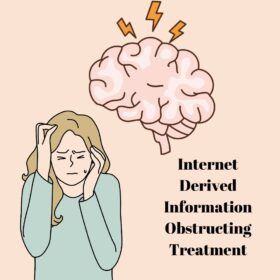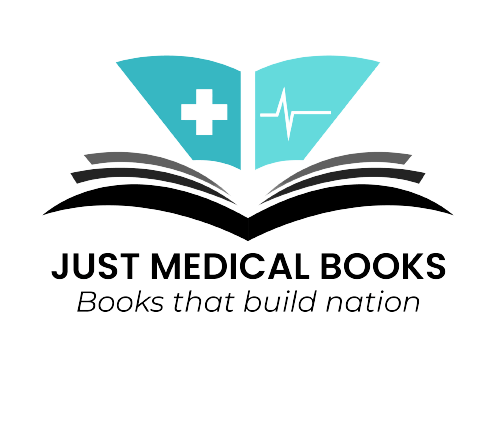Blogs
IDIOT (Internet Derived Information Obstructing Treatment) SYNDROME

The ‘IDIOT’ syndrome among people is becoming a challenge to
treat educated patients.
Said by Dr CN Manjunath, at a Doctors’ Day event.
As per his words, In the urban areas IDIOT SYNDROME can
present unique challenges to Doctors and Healthcare Professionals due to
several factors.
The ‘IDIOT’ syndrome describes the circumstance in which
people base their health-related decisions on information they find online,
often making it more difficult for them to get the care they need. People might
easily fall into the trap of self-diagnosis or self-treatment based on
erroneous or partial information due to the abundance of information available
online.
This is the state in which people make decisions about their
health based mostly on information they find online or internet, without
knowing that it create more difficulties for them to get the care they need.
Because there is so much information available online,
people might easily get misinformed and self-diagnose or self-treat themselves
as a result of inadequate or false information.
This is mostly because of the busy life in the urban areas,
people mostly hesitate to consult doctors, when they encounter any symptom.
Rather they opt for quick solutions found online.
The technology however we have access to a wide range of
information sources, including social media, forums, and health websites which
may not have accurate diagnosis and treatment recommendations.
While the internet can be a valuable resource for the health
and other information. But it is important for individuals to approach
qualified Doctor or healthcare professionals for accurate diagnosis and
treatment recommendations.
There is a need for a specialist doctor to have not only
technical and professional skills but they are also in a need of better
communication.
Doctors can play a crucial role in addressing and challenging
this “Internet Derived Information Obstructing Treatment” syndrome
through some strategies and skills.
Doctors can Educating
Patients about the potential pitfalls of relying solely on internet-derived
information
Doctors can Build a Trust with the open relationship
with patients. listening to their concerns, and providing clear
explanations, doctors can help patients feel more confident in seeking their
guidance
They can also recommend trusted websites and resources where
patients can find accurate and up-to-date health information, rather than
forwarding messages or social media cut-outs.
Doctors also can educate patients and their attenders or
relatives by attending or giving better speeches or by creating some
informative blogs.
Doctors can help to mitigate the negative impact of the
“Internet Derived Information Obstructing Treatment” syndrome and
ensure that patients receive the best possible care based on sound medical
principles.
